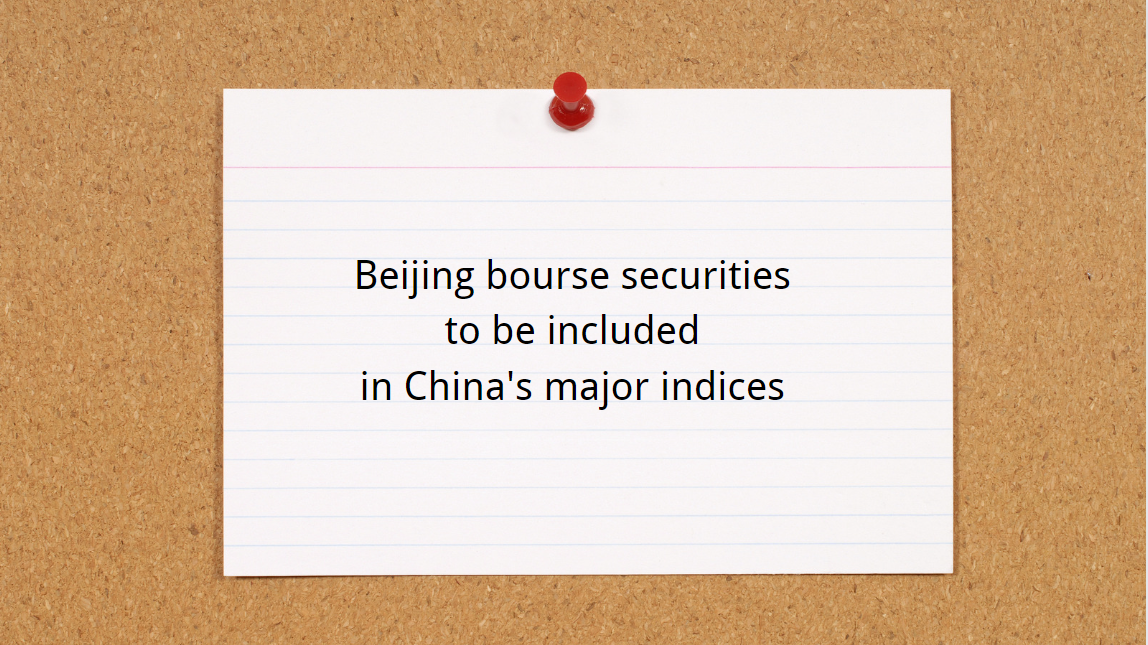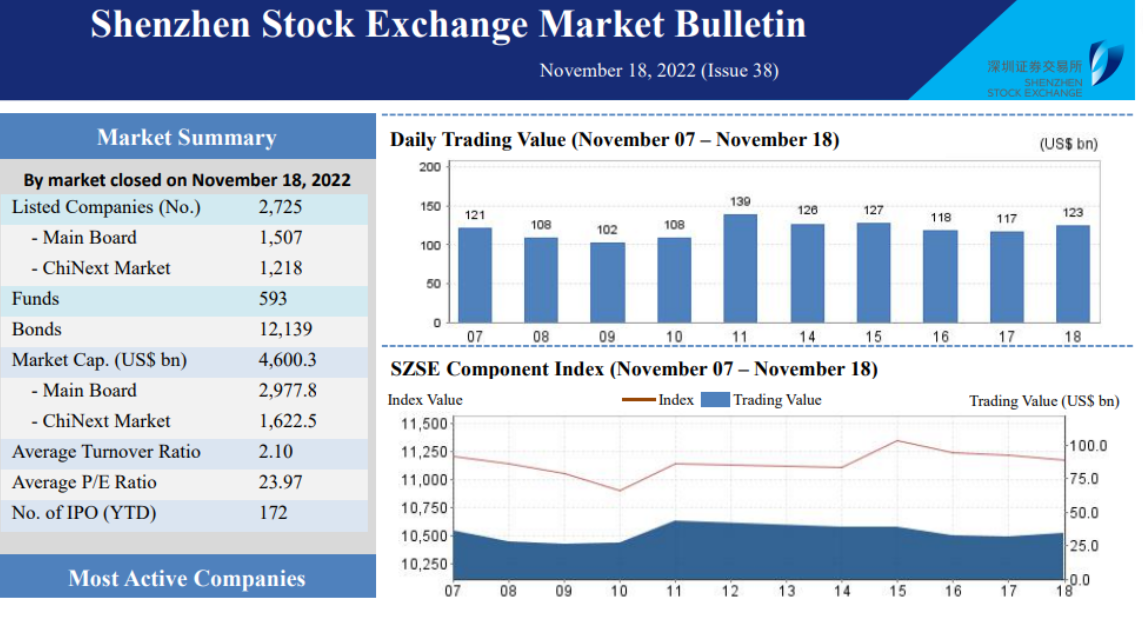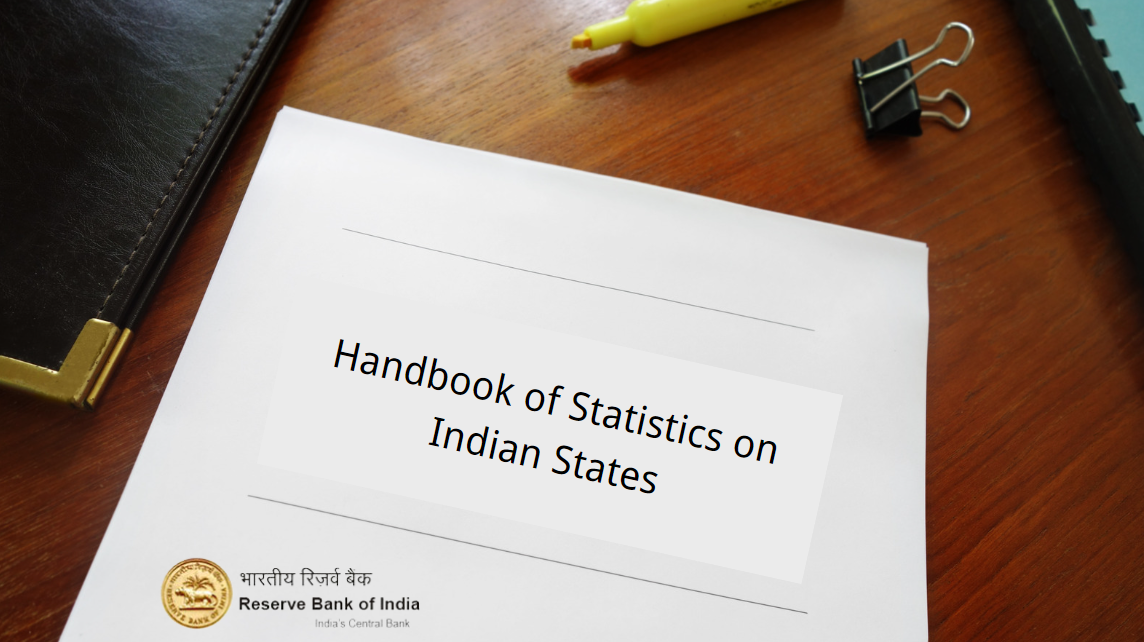Vice Chairman Xiao Yuanqi Attends the Global Financial Leaders' Investment Summit
Yue: Today I am honoured to be joined by Vice Chairman Xiao Yuanqi from the China Banking and Insurance Regulatory Commission. He will share with us his perspective on the impact of the property market slowdown on China’s banking sector, as well as the longer-term prospect of Chinese banks.
Thank you very much, Vice Chairman Xiao for making the time to speak with us today.
Yue: Let me first start with the property sector, which has been a key focus of foreign investors, particularly after the default of several large property developers already. Given the importance of the property sector to the economy, how would you assess the impact of the property sector slowdown on the banking sector?
Xiao: Thank you very much, Chief Executive Yue. I am very glad to attend this very important gathering hosted by Hong Kong. I am also very glad to have this chance to share some views about Chinese banks.
Xiao: Thanks for your question. Very good question. The property sector plays a very important role in the economy. We pay close attention to its development.
From the banking side, our supervision data shows that banks’ total exposures to the property sector is at a reasonable level, about 26% of the total loans. For the small and medium-sized banks, the outstanding loans to the property sector are less than those of the larger banks. For the long term, we encourage these banks to do their business locally and to serve micro and small businesses. Some of the small banks’ lending to small businesses in local markets account for more than 90% of their total loans. We also require them to comply with concentration rules, and to avoid lending too much to big companies. We have large exposure limitations, which you are very familiar with. In general, the property sector now is stable. We are confident that the exposures of banks to real estate market is still very low.
Non-performing loan ratio to the property sector for the banks is about 1%, even less than the average level. Another point is that the majority of lending to the property sector is home mortgage loans. The majority of home mortgage loans are for first-house purchases, accounting for about 90%, which are generally of good quality. Traditionally, Chinese people do not want to default. From our statistics, in the past 20 years, the default rate for most home mortgage loans is less than 0.1%. So it’s very low.
Yue: Vice Chairman Xiao, let me now turn to the next topic about the development of Chinese banks, especially about cross-border expansion. As China’s financial sector continues to open up, we are also seeing Chinese banks expanding their footprint internationally.
What are your thoughts about the longer term development of China’s banking sector, including in the international market? How should Chinese banks raise their game and increase their competitiveness globally?
Xiao: Yes, in the Chinese financial market, foreign participants have been playing a more and more important role. I will give you several figures.
Foreign banks have set up 41 legal entities or subsidiaries here and more than 116 branches in Mainland China. Recently, a large number of insurance and wealth management companies have been set up. Those insurance companies and wealth management companies are owned by foreign capital. Foreign investors are in charge of those companies. We particularly encourage foreign capital to have cooperation and collaboration with Chinese counterparts. In some specific areas, for example wealth management; non-performing loans restructuring techniques; and on the insurance side, we hope that they can provide some insurance techniques about how to assess the cycle. Those specialists can take different forms of participation. They can take 100% ownership of their subsidiaries; they can set up branches; they can also acquire some ownership of Chinese banks, Chinese insurance companies and Chinese wealth management companies. They can take different forms.
About Chinese banks’ overseas expansion, a number of banks, mainly the Big Four, have overseas presence, including branches and subsidiaries in some countries. But the total assets for those banks overseas is about 15 trillion yuan, equivalent to US$2.5 trillion, still a small percentage compared to total assets of Chinese banks of about 400 trillion yuan. So it’s about 3.5%. In terms of overseas assets, their percentage in the total assets of Chinese banks is still small.
As a regulator, we support Chinese banks to go abroad and do their business. But we have some reminders for them. For example, they need to serve their customers well, to achieve commercially sustainable development, to know what the customers need, to know what the local economy needs. To go overseas, each region and each location is different, customers are different, their needs are different. The first is to know what customers need, to ensure that local customers’ needs could be met.
Secondly, it is very important to comply with the local or host authorities’ regulations and also international standards and practices. In different locations, regulations and supervisory rules are different, even the supervisory methodologies and techniques are different. So they need to adapt to those requirements, to be in compliance with the local monitoring requirements. They should do so at any time and in any place to ensure that the compliance risk is under control.
The third one is to develop risk management framework, and to enhance risk management capabilities to ensure that credit risk, liquidity risk, strategic risk, market risk is controlled. Social responsibility is also important – to do more for climate change, to be more supportive of green finance and inclusive finance. We encourage Chinese banks to attract talents, senior managers from all backgrounds, particularly those talents who have local experience and international experience to help up their game, to be more adaptive to the international market and local market. Those are very important. When I have prudential meetings with the boards or senior managers of the banks, I always remind them to have local or international talents come to the board, to senior manager positions, to diversify the composition of senior management teams. That will benefit them in going abroad.
Yue: I totally agree with you that it is extremely important that, as you go abroad, you need local talents, you need to know the local environment. That’s extremely important.
Yue: Thank you very much Vice Chairman Xiao. It’s a great discussion. My very simple take is that Chinese banks’ risk exposures to the property sector are relatively limited, and the risk is overall manageable. There will be near-term headwinds, but the Chinese banking industry, as I see it, will continue to play a very important role, not only in supporting industries domestically but as you said, they will continue to expand their global participation in the way that you described and with your guidance. Finally, I would like to thank Vice Chairman Xiao for sharing your perspective and insights. I’m sure that our audience will be enjoying it. Thank you very much Vice Chairman Xiao.




















































First, please LoginComment After ~